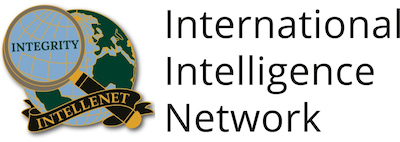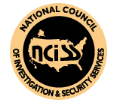Domestic abuse can happen to anyone, both men and women, and regardless of social, educational or economic status. Not every red flag is proof of domestic abuse but when several of these red flags line up, it might be time to have a private conversation with your friend or loved one. And of course, a PI can help collect evidence, records and documentation to help abuse victims prosecute their abusers. Let’s take a look at the warning signs of domestic abuse.
Signs of Physical Abuse
Signs of physical abuse generally show up as bruising on the arms or neck, sprained wrists, black eyes, busted lips and other bruises or injuries that don’t seem to have a benign cause.
Signs of Emotional Abuse
Signs of emotional abuse can include the person seeming fearful, talking of suicide, low self-esteem, depression, changes to a more meek and apologetic personality, changes in sleep, anxiety or constant apprehension and developing issues with drugs or alcohol.
General Changes in Behavior
There are some general changes you might notice in a friend or loved one who is being abused. These changes include isolating themselves from friends and family, canceling meetings or appointments without notice, excessive privacy about their personal life or relationship, becoming reserved or distant and dropping out of activities they once enjoyed.
Controlling Behaviors
It’s important to know that domestic abuse is not about violence or anger necessarily but about control. If you notice someone is being controlled or deeply manipulated in various ways, this can be evidence of domestic abuse. Controlling behaviors you might notice could include:
- Having to ask permission to go places, meet people or buy things
- Constantly being tracked and texted or called while away from the abuser
- Having little or no control over finances and very little money available to them and having to account for every penny spent
- Referring to partner as possessive or jealous
- Being repeatedly accused of having an affair
Domestic abuse is tricky because many who are abused will deny the abuse due to the manipulations of the abuser. If you see multiple warning signs, particularly when combined with the controlling behaviors listed above, your friend or loved one might need help to see the abuse for what it is and escape without serious harm or injury. If you are the one experiencing the abuse, please know that a PI can help you. A PI can document the evidence of the abuse, conduct witness interviews and compile evidence needed to prosecute your abuser.










